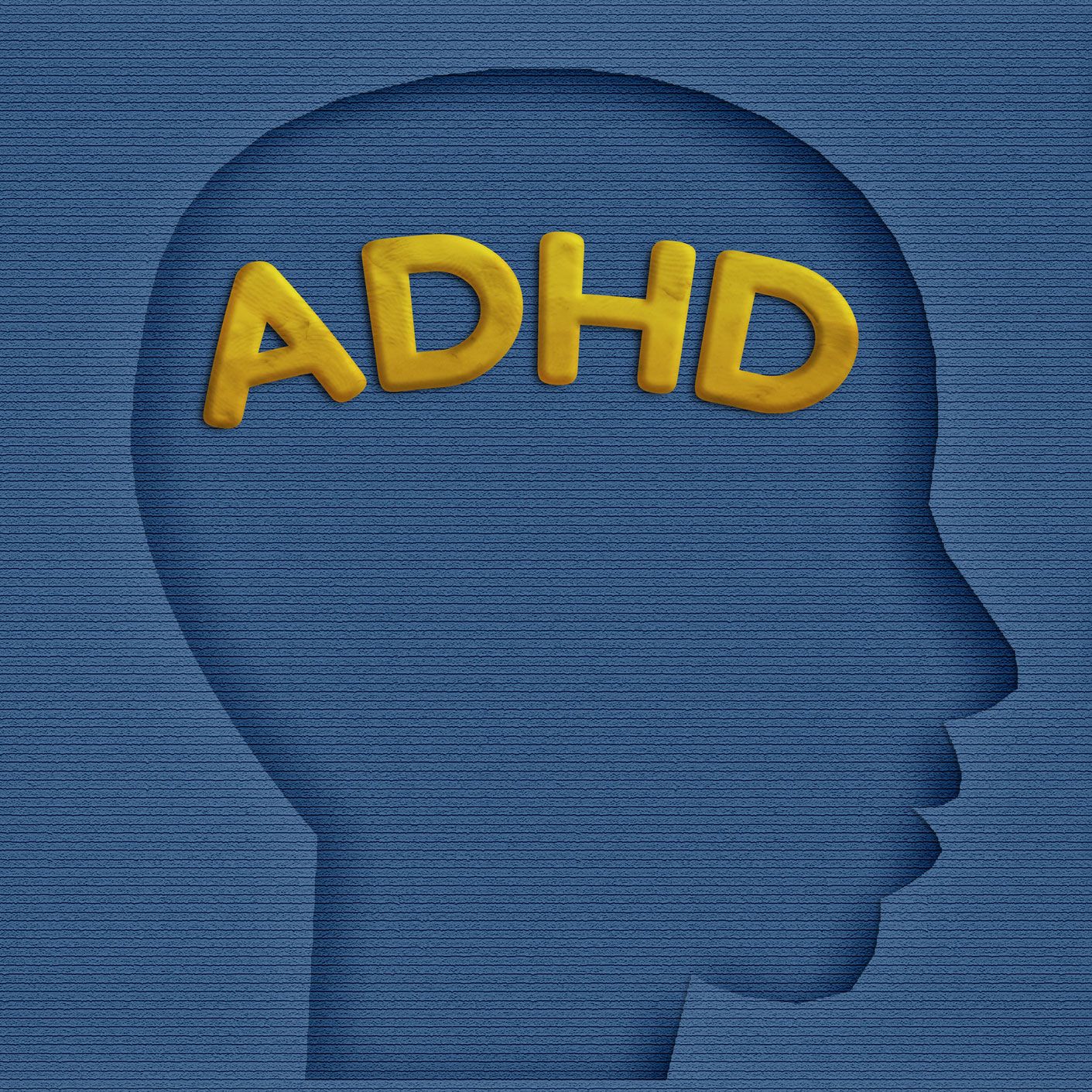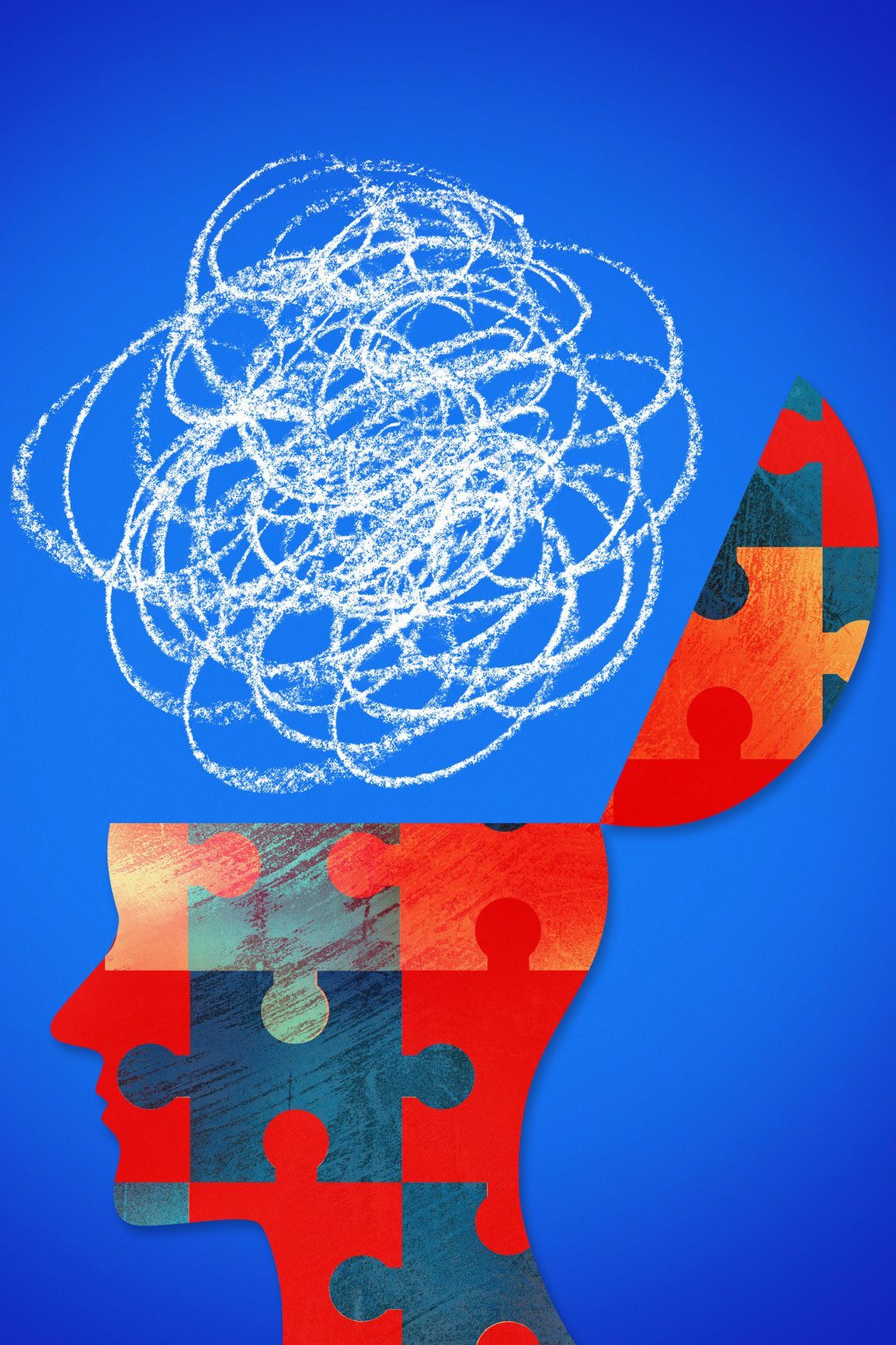If Your Child Has Problems in School—Experience Counts
More than 40 years of experience
Dr. Briggs has over 40 years of experience evaluating and managing children and adolescents with attention deficit hyperactivity disorder or ADHD. Maybe your child’s teacher has expressed concerns, or you have concerns about how your child is doing in school. You may have read that many doctors are overdiagnosing ADHD and prescribing stimulant medications without doing a complete evaluation. The last thing you want is for the doctor to spend 10 minutes with you and then hand you a prescription for medication. Not all school or behavior problems are ADHD. There is no simple test for ADHD--the diagnosis requires a complete evaluation, and the final analysis is based on clinical judgment. Spending enough time to make a correct diagnosis and counsel parents and children about treatment options is necessary. Clinical experience does make a difference!
What Is ADHD?
Approximately five percent of children have a tough time at school because of difficulty paying attention, sitting still, or controlling impulsive behavior. We are not discussing a temporary problem related to stress at home or school. This is a “wired-in” condition affecting the brain, and it causes kids to fall farther and farther behind as they progress from one grade to the next. By the time they reach middle school, many of these kids have low self-esteem and have already given up on school. Early diagnosis and treatment can make a big difference in these kids’ lives.

How Do We Evaluate Your Child?
The first step is to do a complete health assessment and physical examination. This is to look for specific health problems that might affect learning or behavior, such as sleep disorders, seizures, iron deficiency, etc. Next, the doctor will ask the parent, teachers, and (if old enough) the child to complete questionnaires or behavioral ratings about the problems the child is having. The doctor will go over these questionnaires with the parents and also interview the parents and child about how things are going at school and home.


TOVA Testing
The TOVA (Test of Variables of Attention) is a computerized “CPT” (continuous performance test) that has long been used for evaluating children and adults for attention problems. Dr. Briggs has been a “TOVA doctor” since the l980s. As discussed above, there is no simple test for ADHD, and the TOVA alone is not reliable enough to diagnose. Many critics have pointed this out and have recommended against using the TOVA and other CPT tests. Nevertheless, over the past 25 years, we have found it very useful as part of a complete evaluation. Interpreting the test requires experience. It is not enough to rely on the computer-generated interpretation. We have found the TOVA to be especially helpful in predicting the response to medication. We typically do a baseline TOVA as part of the initial evaluation and then have the patient return for another medication test. If the medication works, we expect a dramatic improvement on the test, usually going from a very abnormal result to entirely normal.
Neurodevelopmental testing
Usually, we can diagnose ADHD from health assessments, interviews, behavioral ratings, and TOVA testing. The doctor may do a pediatric neurodevelopmental examination when the diagnosis is still uncertain. This more extended test looks at learning skills, such as memory, language, visual processing, and attention.
Quality Treatment
An appropriate treatment program for ADHD should be:
- Individualized for each patient, not just the same treatment for everybody.
- Based on facts, not myths and misinformation.
- Well-monitored, with reassessment and changes if the treatment is not working.
- Consistent over time.
Most patients require follow-up visits at least every 3 to 6 months.
If a child is diagnosed with ADHD, explaining or “demystifying” the condition can be very therapeutic. They may have experienced repeated criticism and blame, and going to the doctor may be seen as another putdown. The child or adolescent needs to be fully involved in treatment decisions.

Sometimes the doctor will identify other problems, such as depression, anxiety, or autism, requiring a referral to a counselor, psychologist, neuropsychologist, or child psychiatrist. Learning disabilities or giftedness may also require referrals. Children may require evaluation at school for special education (IEP) or a 504 plan.
For most children with ADHD, the most effective treatment is medication, most often a psychostimulant. However, starting medication rests entirely with the patient and family. The doctor’s role is to provide informed options.
Talk to us
We’re only a phone call away! Call 907-561-4459 and let us know how we can help.





